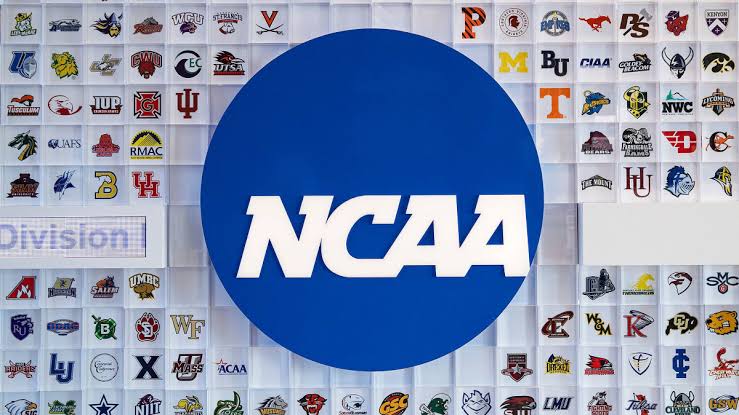The National Collegiate Athletics Association (NCAA) has released findings from a survey of campus compliance directors on sports wagering issues.
Among autonomy schools, 27% reported dealing with sports wagering problems involving athletes or staff in the past year, a significant increase from 3% in 2019.
25% of autonomy conference compliance administrators reported awareness of athletes facing harassment from individuals with gambling interests in their games.
NCAA President Charlie Baker initiated the survey to assess how campus administrators perceive sports wagering trends and efforts to educate athletes, coaches and affiliated personnel.
Baker said: “We need all the help we can get, including from regulators and sportsbooks.”
The survey reached senior compliance administrators at Division I, II, and III member schools, with over 500 responses collected. It revealed that more than 95% of Division I schools and most of the Division II and III schools offer some form of sports wagering education.
Topics covered include NCAA bylaws, sports wagering terminology, and state/national laws. Notably, more schools are addressing well-being issues such as gambling addiction compared to 2019.
Clint Hangebrauck, managing director of enterprise risk management at the NCAA, said: “This survey is informative as we continue to develop e-learning and other educational resources related to sports wagering, which will be rolled out to the membership later this year.”
Epic Risk Management’s collaboration with the NCAA received positive feedback, with plans to develop a comprehensive sports wagering gambling harm prevention program.
Since 2022, over 20,000 individuals have attended in-person programming as part of this effort.
Many compliance administrators expressed a desire for additional wagering resources from the NCAA. The national office is working on educational modules to be available this fall.
Integrity monitoring services are also being utilised, with one-third of autonomy schools directly engaged and others accessing information through conferences or the NCAA national office.
These services help identify suspicious betting activity that could pose integrity concerns.


